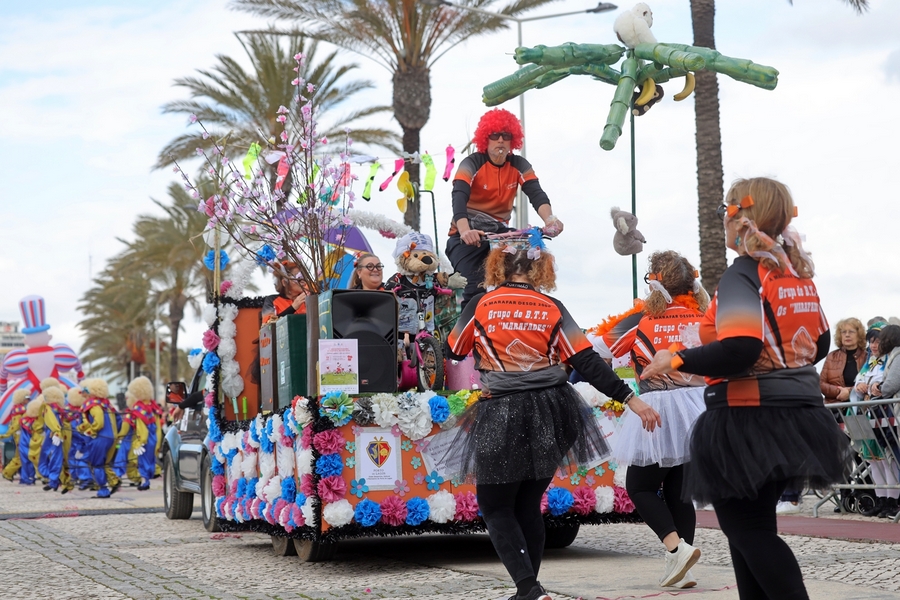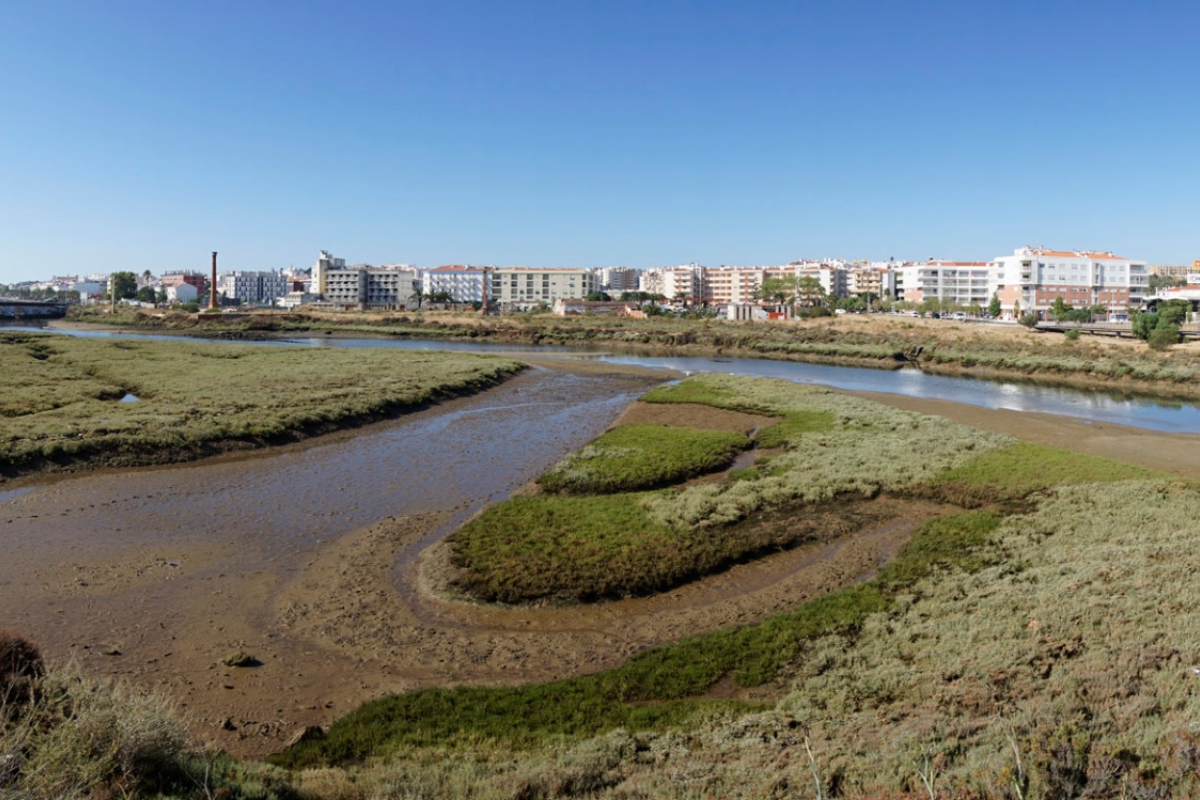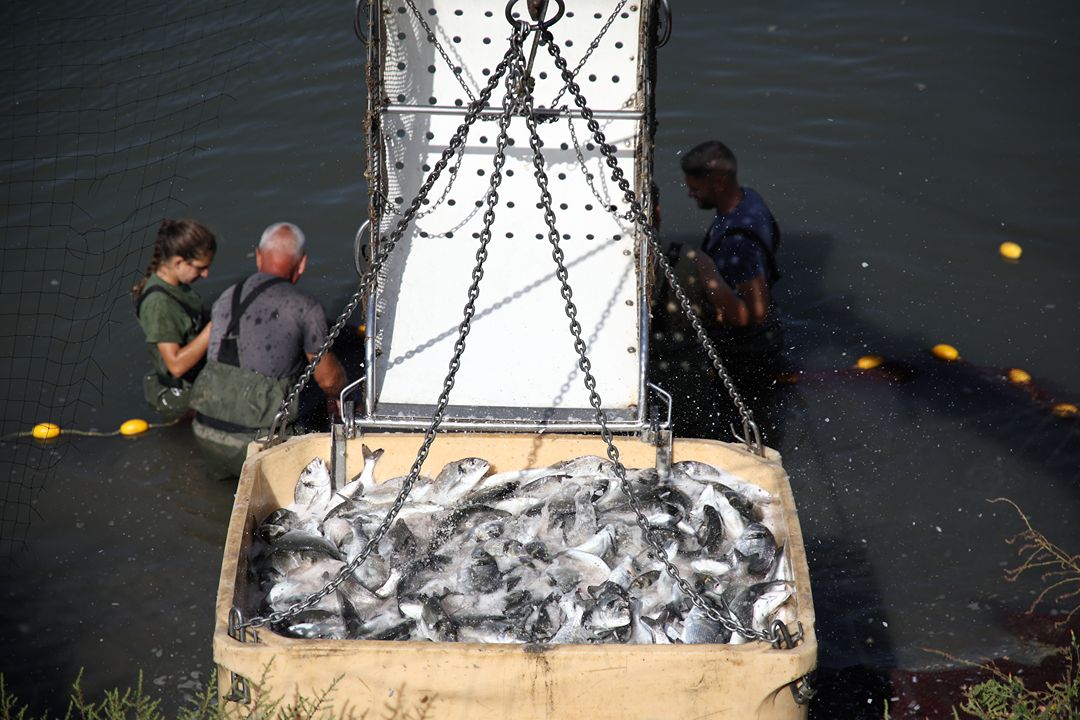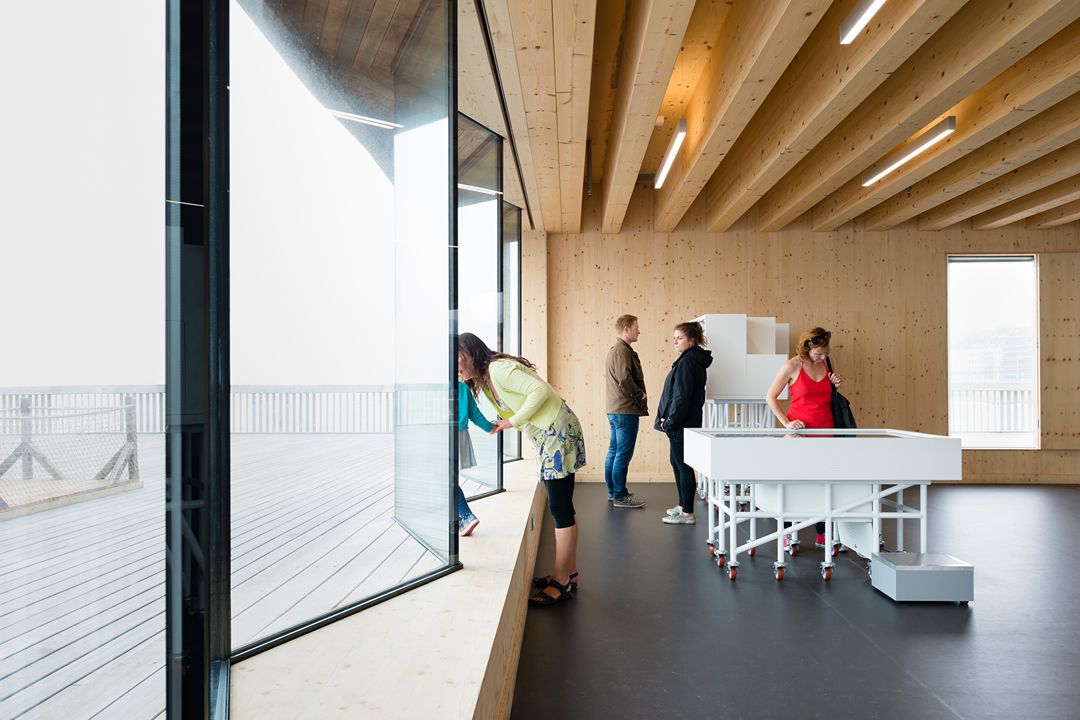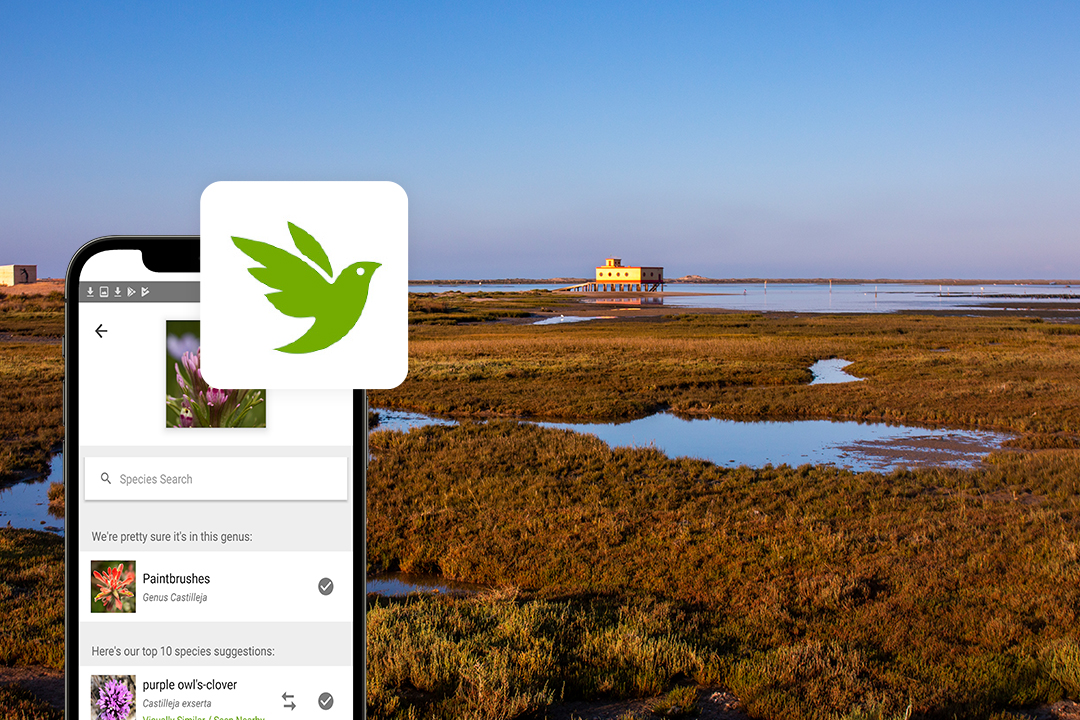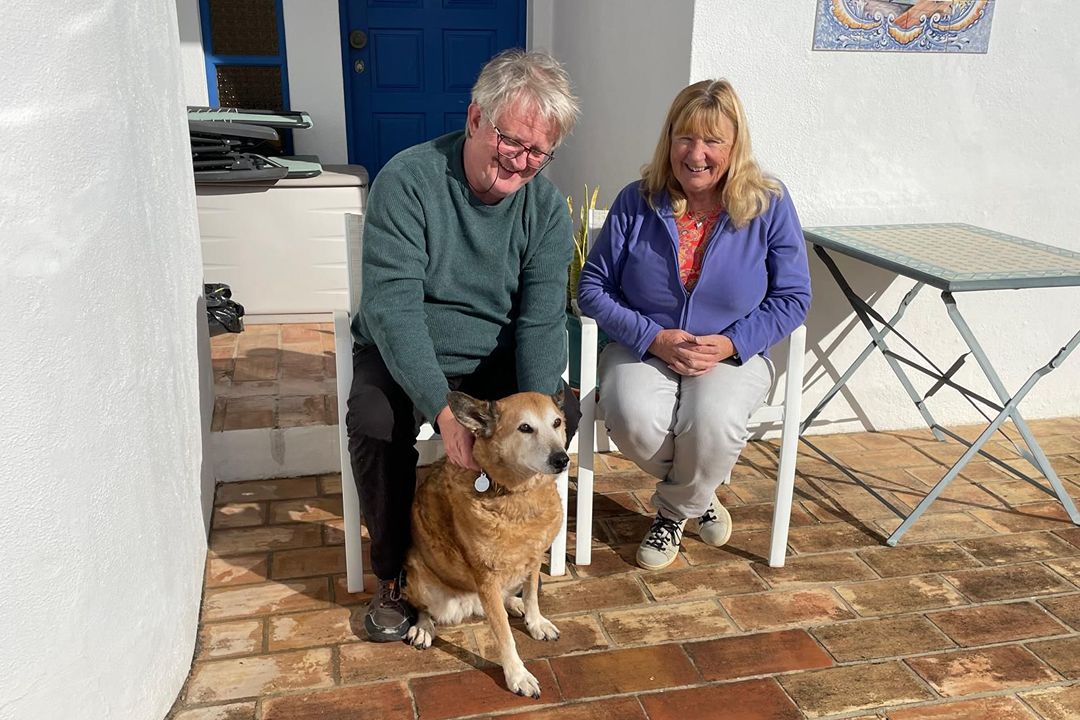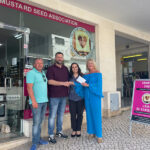In Portugal, they are known as moedas pretas and, in the UK, pennies; at school, we used to call them shrapnel. Change, ever-present, weighs down pockets, clogs purses and fills up jars, then bigger jars, then a bowl – a heavy nuisance we eventually stuff in a cupboard or a corner out of sight, out of mind.
The coins languishing in the dark recesses of your home only regain worth when they see the light of day. Until then, they are nothing but an ignored nuisance. But, what would happen if these coins left their dusty corner and did some good?
Behind a stack of wood, in a dusty corner of the garage, I discovered my own lost coins residing in an old plant pot. I eyed the coins collected over 20 years – forgotten tens, fives, twos and ones only coming to attention when the increasingly heavier dead weight needs to be moved to some other forgotten corner. Inevitably, new smaller jars appeared dotted around the house as the years rolled on. Each new jar gradually filled only to be eventually dumped into the ever-growing pot of useless loot. I pulled out the plant pot, straining my back in the process, and eyed the brooding pile of useless metal that I could not and would not and had not thrown out.
So what to do?
With the best intentions, I moved my stash to the kitchen. There, I promptly ignored it for several days. Eventually, I had to face it. ‘Only one thing for it,’ I thought, and I emptied the entire pot onto the bed. I was somewhat taken aback by its size: 20 years of coinage makes quite a pile. It took a while before I eventually began to separate them. After all, I reasoned, I had to sleep that night. Finally, I had separated all the 1, 2 and 5 coins. Next, I borrowed a scale from next door and weighed them. A quick calculation revealed there was €30 in front of me! It was time to rally the troops. I began discussing the idea with friends, coworkers and anyone who’d listen, and the greatest thing happened. The coins started rolling in, in many cases, to the relief of the donors. ‘It’s been sitting there for years!’ was a typical comment.
I took photos of each donation. Boxes, bags, handfuls: coins scraped out of car cup holders Loose change came from under beds, from drawers and off shelves. The coins just kept coming. People I hadn’t spoken to about my idea texted to say they had coins for me. Every night, there was another pile to separate – it gets very meditative after a while. And still the coins kept coming. Everyone I spoke to wanted to contribute and, very quickly, I had a list of 20 donors who, over the next 10 days, added to the pile.
The car broke down just as the scales I had ordered to weigh the coins arrived. I got a suspicious look from my mechanic friend as he eyed the pile. “You’re not paying me with brown coins!” I left my car in his skilful hands, unpacked the scales and began to weigh. Step one: dump in a shopping bag, use a slightly temperamental scale and presto! I was looking at about 50 kg (roughly 19,000 coins) and my guess was just over €500. I have to admit I was quite excited. Next, stop the bank.
With the help and patience of the bank cashier in Faro, we took in 50 kg of coins and walked out with a considerably lighter alternative. The transaction took some time as the Algarve is not equipped with the industrial-size sorting machines that exist in areas like Lisbon and Porto.
We raised €600 from 20 donations in 10 days. This was just a test for this article; imagine a bigger event or many. There are millions upon millions of euros in brown cent coins in circulation in Europe. And where is most of that money? It is hidden, forgotten and useless. Moedas Castanhas aims to bring that money back to life for the benefit of the community.
When the project was completed it wasn’t only the amount donated that caused a rush of excitement but the numbers – 20 people, €600. What if this could be repeated across the Algarve? One per cent of the population could create not just a drop, as we had, but a downpour. That’s a big fat wedge of cash into the community from nowhere.
We use an average of a handful of brown coins in a year. The rest goes straight to money purgatory, so why not give them away?
When I first started to ponder the project, I foresaw an Algarve-wide juggernaut of collection, a massive pot at the end distributed to those in need. It’s a nice idea, but the logistics of such a single project would be a lot, especially for the banks. However, individuals, institutions and charities could just pull this hidden treasure to the light by holding events. I asked my colleague Natasha Jones Costa to suggest the concept to the bombeiros and their response was very positive.
The logistics
European legislation suggests that a person can give in up to 5000 coins per day for exchange, for free. In reality, most banks don’t want to deal with coins, especially brown ones, and they charge discouraging fees for the service. The bank we used, whom I contacted early on in the project for information on how to exchange coins, is the only bank I found in the area which offers this service for free. It is important to approach your banks in advance to explain your intentions and seek advice. With a bit of planning, its possible to facilitate this process and all it’s potential gains. Many institutions like the banks and the bombeiros must work within established legal frameworks, but perhaps where there’s a will, there’s a way.

Call to action
Tomorrow is calling out to all charities and individuals to consider this initiative. Dig under the bed, look in that cupboard, search the shelf and get that loose change out. Millions of euros are lying around. With just a little effort, this forgotten treasure can come out of its hiding place and make a real difference for those in need. Tomorrow’s first stab at the Moedas Castanhas idea resulted in donations of €200 to the bombeiros, €200 to the girls’ home in Portimão and €200 to the soup kitchen in Lagos. For any charity or institution wanting to explore the idea further please contact us at Tomorrow as we don’t have space for all the finer details here.
Turning your moedas pretas into Moedas Castanhas just makes ‘cents’!

